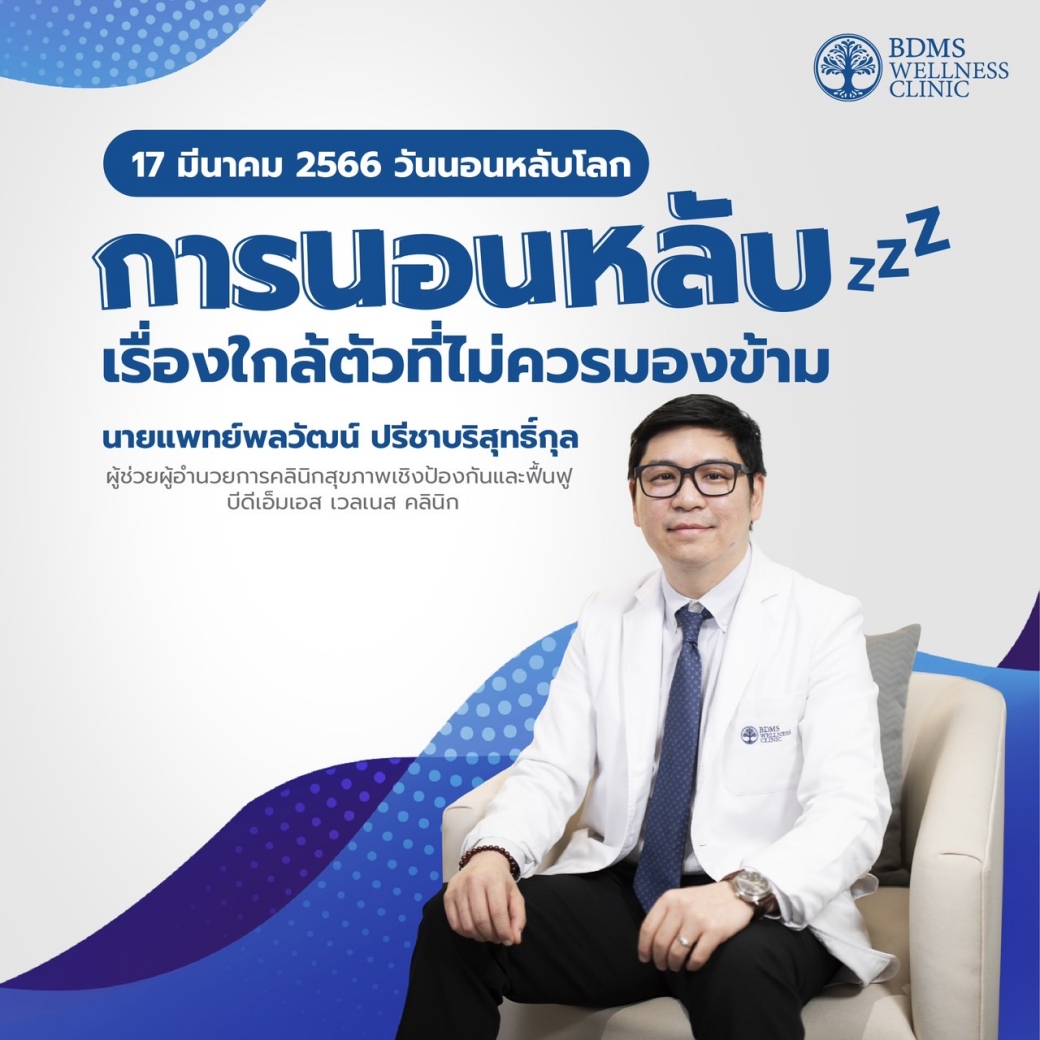Solving the Mystery of Insomnia: A Recurring Nightmare
Insomnia is a disorder that can happen to anyone, regardless of their sex and age. In fact, 33-50% of the world’s population suffer from the disorder, and the tendency increases with progressing age. Many patients of insomnia are found to be female, suffering certain medical conditions, and shift workers or low-wage earners. Symptoms range from not being able to fall asleep to not being able to sleep soundly. Sleeping issues often affect the patients’ daytime activities by making them lethargic, unable to focus, having short-term memory loss, easily frustrated, having excessive daytime sleepiness, and being at a higher risk of accidents while working or operating a vehicle.
According to the International Classification of Sleep Disorders (ICSD-3), insomnia is categorized into 3 different types:
1. Chronic Insomnia Disorder, Chronic Insomnia is characterized by:
-
- Having 1 or more of the following symptoms present:
- Finding falling asleep extremely difficult
- Unable to have continuous sleep
- Waking up earlier than intended
- Feeling ‘against’ going to sleep at appropriate time, and
- Having difficulties sleeping without the help of a guardian or caretaker
- Being affected by 1 or more of the following:
- Feeling lethargic or uncomfortable,
- Worsening focus or memory loss,
- Lower social or professional abilities,
- Having mood swings or being easily frustrated, daytime sleepiness,
- Having behavioral issues (having short attention spans, being reckless or aggressive),
- Lower motivation or stamina,
- Being prone to accidents, and
- Being concerned or dissatisfied by sleeping.Having inexplicable difficulties in falling asleep or waking up unrelated to insufficient sleeping time.
- Having inexplicable difficulties in falling asleep or waking up unrelated to insufficient sleeping time.
- Showing symptoms relating to sleep deprivation at least 3 times a week.
- Showing symptoms related to sleep deprivation for over 3 consecutive months.
- Having sleep problems unexplained by another sleep disorders.
- Having 1 or more of the following symptoms present:
2. Short-term insomnia disorder
Short-Term Insomnia disorder presents itself similarly to chronic insomnia but tends to last under 3 months. Short-term insomnia is usually a result of stress or sudden changes in patients’ life, such as, relocation, interpersonal relationship issues or physical illnesses. Symptoms usually subside after resolving root causes or adapting to stressing changes. A short-term insomnia that lasts more than 3 consecutive months is considered to become chronic.
3. Other insomnia disorders are anything that does not fall into the first 2 types.
Insomnia treatment are categorized into two paths:
- Psychological and behavioral treatment is a path that requires certain behavioral adjustment that directly affects sleeping, like spending a long time or putting in too much effort in falling asleep to the point of anxiety. Such treatment may include, Cognitive Behavioral Therapy (CBT), Brief Therapies for Insomnia (BTIs), Sleep Restriction Therapy, and Relaxation Therapy. These methods aim to help adjusting patients’ mindset toward sleep problems.
- Pharmacologic treatment involves World’s Health Organization-approved sleeping disorder medications. These medications may include Benzodiazepines, Non-benzodiazepines, Melatonin Receptor Agonists, and other low-dosage antidepressants. Patients may often self-medicate by antihistamines medicines, but a long-term usage of this group of medicines may have anticholinergic side effects, including irregular and quickened heartbeats and dilating pupils.
Building good sleeping habits is, therefore, vital to both treating and preventing insomnia. It is a favor anyone can do for themselves, as sleeping takes up 1/3 of a human’s lifespan.
- Always go to sleep and wake up at the same time even on your days off.
- Keep all stimulating factors under control. Only be on your bed when you are ready to sleep. Get out of bed when you can’t sleep. Your bed should only be for sleeping. Refrain from working or eating on your bed.
- Making a habit of exercising or living an active lifestyle can help your body to fall asleep better. But do not exercise under 3 hours prior to your bedtime.
- Consult with your physician of any medical conditions to see if any of your medications are affecting your sleep.
- Refrain from drinking caffeinated drinks for at least 6 hours before your bedtime. This also applies to alcohol and tobacco intakes.
- Avoid having large meals or food that is hard to digest within 3 hours of your bedtime to lower the risk of indigestion and acid reflux that may interfere with sound sleeping.
- Avoid taking daytime naps.
- Maintain sleep-friendly environment in your bedroom by choosing the right temperature and blocking out any noise or light that may disturb your sleep.
- Practice relaxing before going to sleep. This may be medication, reading, listening to calming and relaxing music.
Reference
- Schutte-Rodin S, Broch L, Buysse D, Dorsey C, Sateia M. Clinical guideline for the Evaluation and management of chronic insomnia in adults. Journal of Clinical Sleep Medicine. 2008;04(05):487–504. doi:10.5664/jcsm.27286.
- Roth T. Insomnia: Definition, prevalence, etiology, and consequences. Journal of Clinical Sleep Medicine. 2007;3(5 suppl). doi:10.5664/jcsm.26929.
- Edinger JD, Arnedt JT, Bertisch SM, Carney CE, Harrington JJ, Lichstein KL, et al. Behavioral and psychological treatments for chronic insomnia disorder in adults: An American Academy of Sleep Medicine Clinical Practice guideline. Journal of Clinical Sleep Medicine. 2021;17(2):255–62. doi:10.5664/jcsm.8986.
- Sateia MJ. International Classification of Sleep Disorders-third edition. Chest. 2014;146(5):1387–94. doi:10.1378/chest.14-0970
- Pin Arboledas G, Soto Insuga V, Jurado Luque MJ, Ferrández Gomariz C, Hidalgo Vicario I, Lluch Rosello A, et al. Insomnia in children and adolescents. A consensus document. Anales de Pediatría (English Edition). 2017;86(3). doi:10.1016/j.anpede.2016.06.002
- Mayo Clinic Staff. Insomnia [Internet]. Mayo Foundation for Medical Education and Research; 2016 [cited 2023 Nov 6]. Available from: https://www.mayoclinic.org/diseases-conditions/insomnia/symptoms-causes/ syc-20355167#:~:text=Keep%20your%20bedtime%20and%20wake,Avoid%20or%20limit%20naps.




